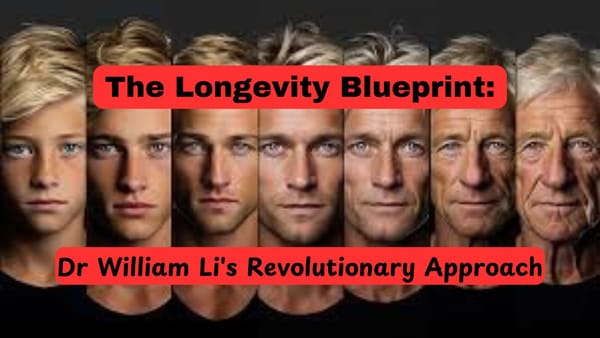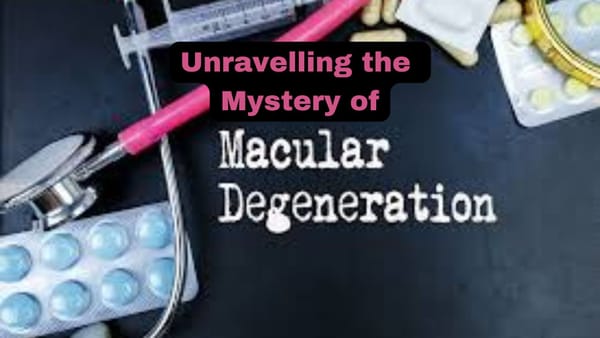The Iodine Revolution: The Missing Mineral That Could Transform Your Health
Don't let iodine deficiency steal your energy or your child's potential. Arm yourself with facts, not fear. Whether you're a vegan looking to optimize your plant-based diet, an expectant mother supporting your baby's development, or simply someone interested in optimal health, iodine matters.

1. Introduction: The Iodine Paradox
Salt gets a bad rap, but iodized salt is the unsung hero of thyroid health—and vegans aren't doomed to a life of brain fog. Few elements spark as much controversy and confusion as iodine in nutrition. This trace mineral—obscure yet essential—has quietly saved millions from intellectual disability while remaining virtually unknown to the average wellness enthusiast.
The numbers tell a compelling story: salt iodization programs have generated an estimated $33 billion in global economic benefits over three decades, according to the World Health Organization. Yet despite this success, modern dietary shifts have created new at-risk populations.
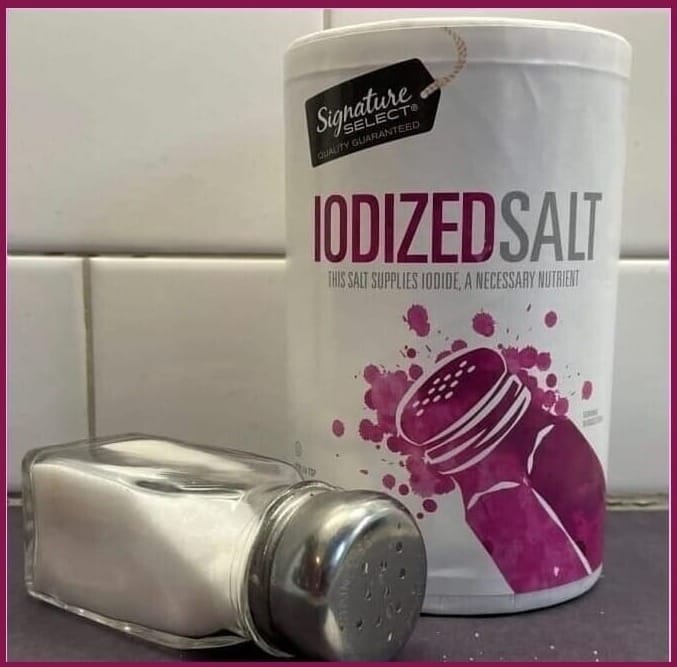
Research shows that 80% of vegans face iodine deficiency compared to just 9% of omnivores—a stark disparity that warrants attention.
As we navigate the salty waters of nutrition advice, it's time to separate fact from fiction regarding this mineral that does far more than support your thyroid.
2. What Does Iodine Do? (Spoiler: It's Not Just for Thyroids)
A. Thyroid Health 101
The thyroid gland—that butterfly-shaped organ at the base of your neck—may be small, but its influence is mighty. And iodine? It's the thyroid's VIP guest.
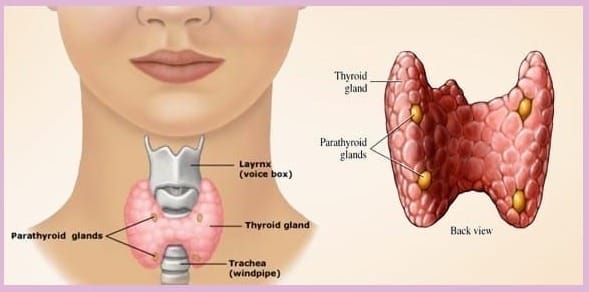
- Dr. Elizabeth Pearce of Boston University Medical Center explains: "Thyroid hormones regulate metabolism, heart rate, and even skin health—no iodine, no hormones." Without adequate iodine, the thyroid can't produce T3 and T4, the hormones that keep our bodies humming at the right speed.
- Dr. David Brownstein, author of "Iodine: Why You Need It, Why You Can't Live Without It," takes an even stronger position: "In my clinical practice, I've found that 96% of patients tested were iodine-deficient. It's a linchpin for energy production and detoxification pathways." His research suggests that modern iodine deficiency reaches far beyond the thyroid, affecting virtually every system in the body.
B. Brain Development: From Fetal to School-Aged
- Iodine isn't just important in brain development—it's irreplaceable. The World Health Organization identifies iodine deficiency as the leading cause of preventable intellectual impairment worldwide. This isn't just theoretical; it's measurable.
- Dr. Pearce notes, "Even school-aged children in iodine-deficient regions show significant IQ gains with supplementation."
C. Beyond Thyroids: Immune Function & Cancer Support
While thyroid function gets most of the spotlight, iodine's role extends beyond this single gland.
Dr. David Brownstein highlights: "Iodine boosts thyroid function, improves autoimmune symptoms, and aids cancer therapies, particularly for breast cancer."
The connection between iodine and breast health has gained attention in recent years. Japanese women, who consume among the highest amounts of iodine worldwide (primarily through seaweed), have significantly lower rates of breast cancer than women in Western countries. Some researchers attribute this partly to iodine's role in promoting apoptosis—programmed cell death—in damaged cells.
Additionally, iodine has antimicrobial properties, supporting the immune system in fighting bacterial, viral, and fungal infections. This may explain why, historically, iodine was used as a universal antiseptic before the advent of modern antibiotics.
3. Who Needs Iodine? (Hint: Everyone, But Especially These Groups)
A. High-Risk Groups
While everyone needs iodine, certain populations face significantly higher risks of deficiency:

- Pregnant and breastfeeding women require substantially more iodine—220–290 mcg/day compared to the standard 150 mcg for adults. The American Thyroid Association reports that only about 15% of prenatal vitamins contain adequate iodine, leaving many expectant mothers vulnerable.
- Vegans and vegetarians stand out as particularly high-risk. Research shows that 80% of vegans test deficient in iodine, compared to 25% of vegetarians and less than 10% of omnivores. This disparity reflects the reality that animal products—particularly dairy and seafood—are major iodine sources in Western diets.
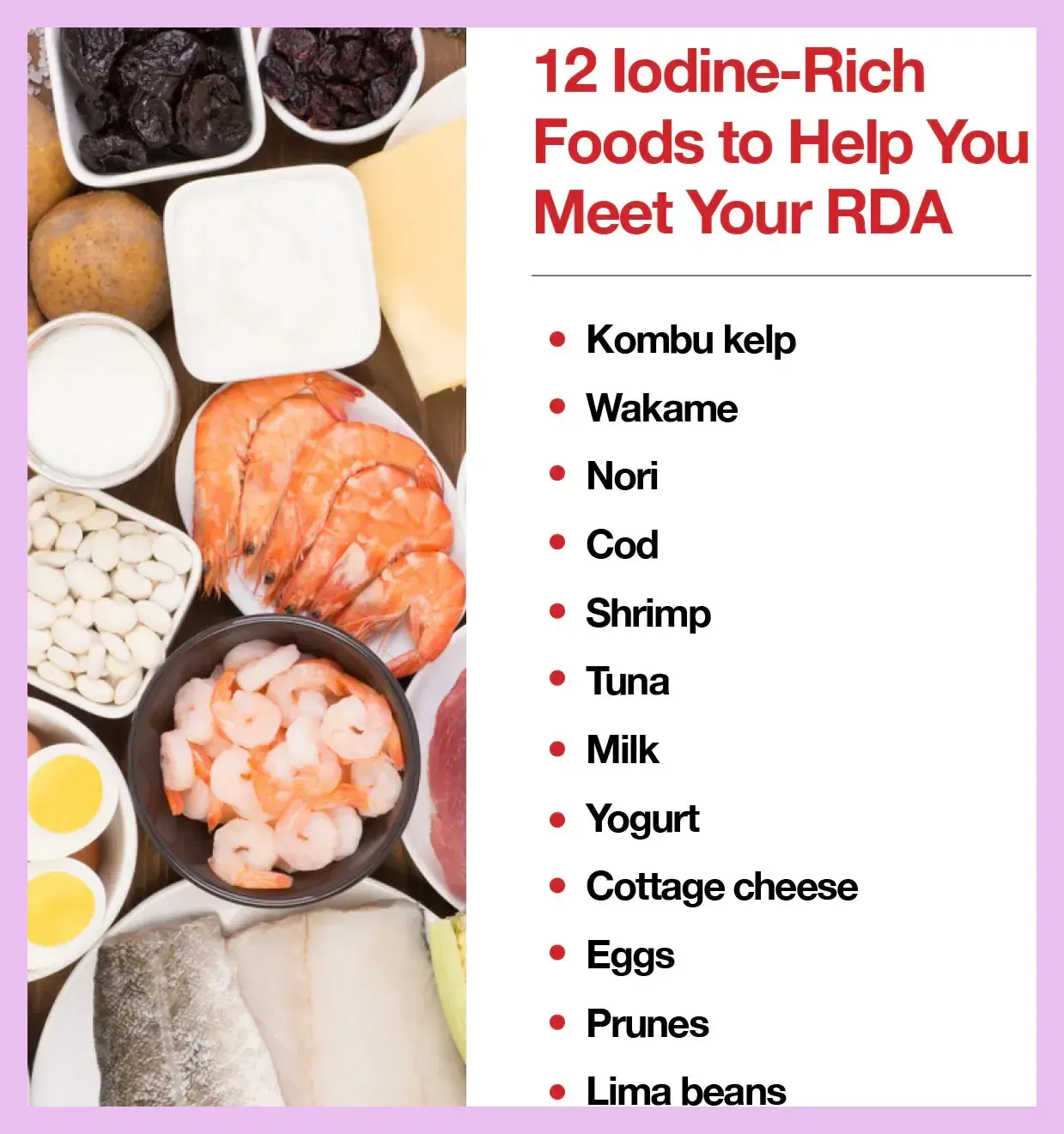
- Low-salt dieters often inadvertently cut iodine from their diets. As one nutritionist said, "If you're ditching iodized salt, you're playing iodine roulette." While reducing sodium intake may offer cardiovascular benefits, doing so without accounting for iodine can create unexpected health challenges.
B. Iodine Roulette: Are Your "Healthy" Vegan Food Choices Setting You Up for Deficiency
For those following plant-based diets, iodine represents a unique challenge.
- Plant-based sources of iodine include seaweed (particularly nori, wakame, and dulse), iodized salt, and organic potatoes with skin (though soil iodine content varies widely). A quarter teaspoon of iodized salt provides about 71 mcg of iodine—nearly half the daily requirement.
- Dr. Brownstein's protocol for vegans includes Lugol's iodine solution with co-nutrients like vitamin C, magnesium, and selenium for optimal absorption. "The key," he notes, "is not just supplementation but balanced supplementation that supports the body's natural processes."
4. How Much Iodine Is Too Much?
A. Safe Limits
- Like many nutrients, iodine follows a U-shaped curve—too little causes problems, but so does too much.
- The established upper intake limit is 1,100 mcg/day to avoid thyroid dysfunction. However, this figure isn't without controversy. As Dr. Pearce observes, "Excess iodine can trigger autoimmune thyroiditis, particularly in susceptible individuals—balance is key."-
- What makes iodine unique is that both deficiency and excess can cause similar symptoms: thyroid dysfunction, weight changes, and fatigue. This makes careful assessment crucial.
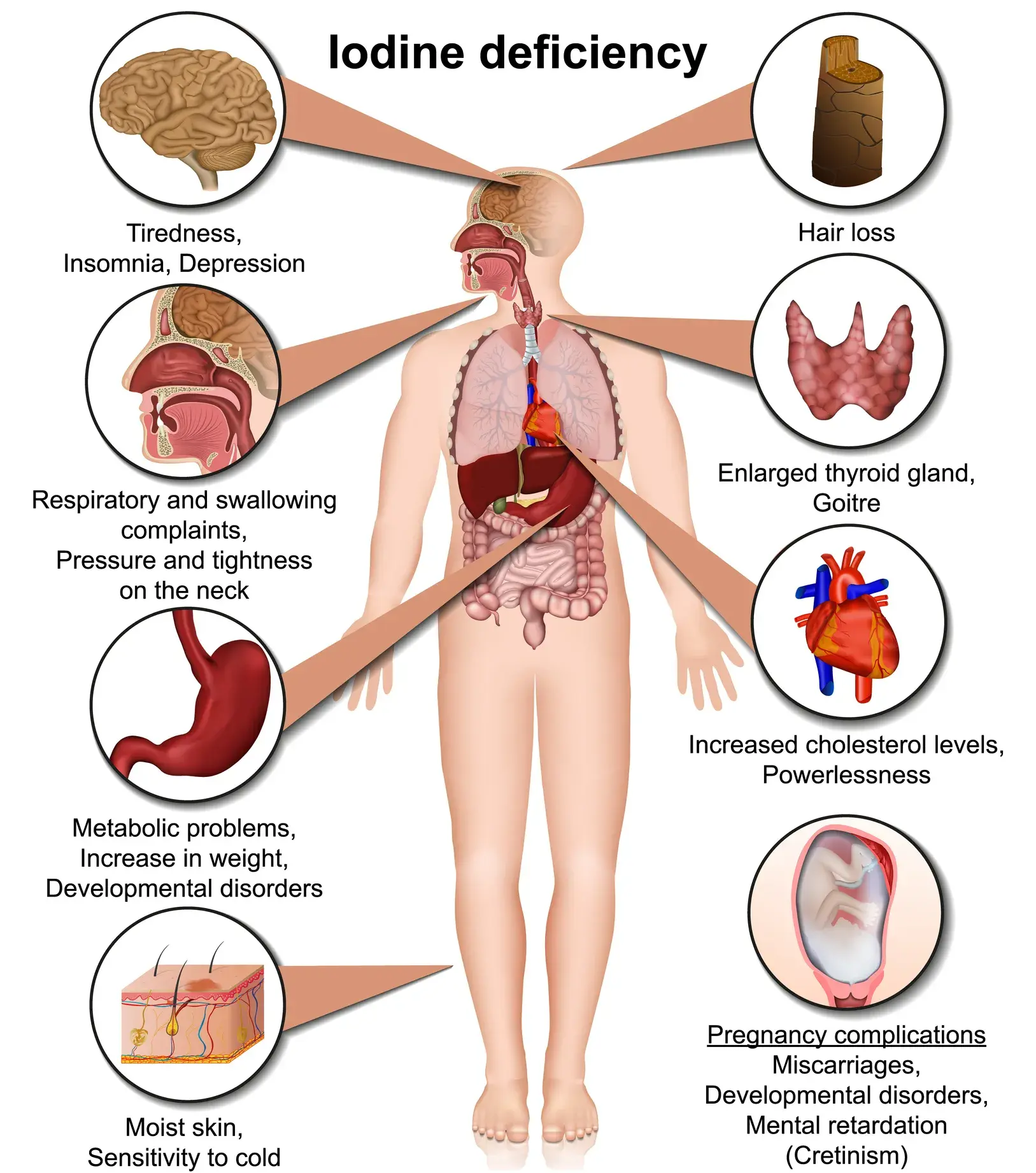
B. Debunking Myths
Nutrition myths die hard, and iodine has its share of misconceptions:
- Old belief: "All salt is bad." New truth: Iodized salt is a public health triumph that has virtually eliminated endemic goitre in developed countries. The Cleveland Clinic acknowledges that moderate salt intake from iodized sources plays an important role in thyroid health.
- Dr. Brownstein challenges conventional wisdom with his controversial stance: "High-dose iodine (under proper supervision) is safe and transformative for many patients." His protocol involves much higher doses than conventional medicine typically recommends, though he emphasizes the importance of medical supervision and proper co-nutrients.
5. Iodine Supplements: When to Take Them (and When to Skip)
A. Who Should Supplement
Iodine supplementation isn't one-size-fits-all, but certain groups should give it serious consideration:
- Pregnant women face a critical window for iodine adequacy. "Many prenatal vitamins lack adequate iodine—check labels," advises the American Thyroid Association. They recommend prenatal supplements containing 150 mcg of iodine and iodized salt.
- Vegans have limited dietary options for iodine. "Iodized salt or supplements are non-negotiable," notes Dr. Michael Greger, founder of NutritionFacts.org. By not consuming animal products, most vegans need a reliable iodine source to avoid deficiency.
B. Who Should Avoid Supplements
For some populations, iodine supplementation requires caution:
- Thyroid patients should consult healthcare providers before supplementing. Those with Hashimoto's thyroiditis or other autoimmune thyroid conditions may experience flare-ups with sudden increases in iodine intake.
- Kelp enthusiasts should proceed with caution. "Some supplements exceed safe limits—don't wing it," warns the National Institutes of Health. Kelp content can vary dramatically, with some supplements containing up to 5,000 mcg per serving—far above safe upper limits.
6. The Brownstein Protocol: Controversial, Revolutionary, or Both?
Dr Brownstein's Take
Dr David Brownstein's approach to iodine has garnered devoted followers and sceptical critics. His key points include:
- Lugol's iodine: "This is the only studied form for comprehensive thyroid support," Dr. Brownstein asserts. Lugol's solution contains both iodine and iodide, which he believes target different tissues and provide more complete support than iodide alone.
- Co-nutrients: Vitamin C, magnesium, selenium, and B vitamins are essential for optimal iodine function. "Without these supporting nutrients, iodine can't do its job properly," he explains.
- 24-hour loading test: Dr. Brownstein considers this "the gold standard for assessing deficiency." The test involves taking a measured dose of iodine and collecting urine for 24 hours to determine how much is excreted—theoretically revealing how much the body retains due to deficiency.
The Iodine Doctor: 97% Are Iodine Deficient (How Much You Need)
While some medical organizations question aspects of this protocol, many patients report significant improvements in energy, cognitive function, and autoimmune symptoms when following it under medical supervision.
7. Conclusion: Iodine Isn't Just for Thyroids—It's for Life
Iodine deficiency isn't just a theoretical concern—it's a real-world health issue with far-reaching consequences. From cognitive development to immune function, this humble mineral plays roles far beyond what most people realize.
Don't let iodine deficiency steal your energy or your child's potential. Arm yourself with facts, not fear. Whether you're a vegan looking to optimize your plant-based diet, an expectant mother supporting your baby's development, or simply someone interested in optimal health, understanding iodine's role can make a meaningful difference.
With $33 billion in global economic benefits already realized from iodine supplementation programs, the evidence is clear: iodine matters. The question isn't whether you need it—it's whether you're getting enough.
Note: This article presents various medical perspectives for informational purposes only. Always consult with your healthcare provider before beginning any supplement regimen.





